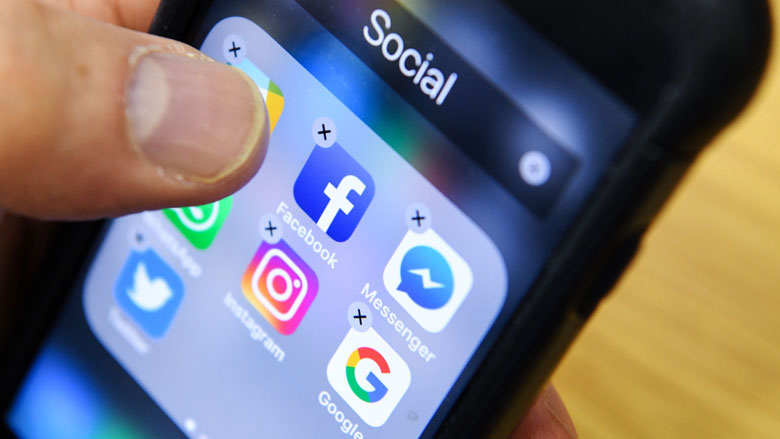
All of you have probably noticed. This week, Facebook, Instagram, and WhatsApp went down for over 6 hours. This had consequences for all users, and for the owners of Facebook as well. Is it a problem for us to be so dependent on one social media platform?
At 17.30, the complaints started on Twitter. Facebook, Instagram, and WhatsApp went down. In the Netherlands, WhatsApp is the main method of messaging for 84% of people. 10,4 million Dutch people have an account on Facebook, and Instagram has 5,9 million Dutch users, of which 3,7 million are active daily. These numbers indicate how important these platforms, all owned by Facebook, are for everyday communication. This time, the platforms were down for 6 hours. Facebook temporarily lost over 6 billion USD in value.
As students, we were working on assignment deadlines during this downtime. Usually, WhatsApp is used as the main communication, but this was unavailable. We had to resort to old-school text messages. But it is not unimaginable, that this service will be terminated in the future, as it is being used less and less. Then we would be almost completely relying on Facebook and its platforms.
This creates a situation in which all communication forms are bound to one provider. When this provider has problems that it fails to resolve quickly, as we saw this week. This could potentially stall all communication and therefore cause enormous personal and economic damages. Therefore, it is important to always keep multiple communication methods available.
As of now, we still have text messaging and e-mail. I think it is highly important that everyone stays available through those means, to prevent issues when Facebook is down. What do you think? Are there any other dangers in Facebook’s enormous market share? Should we take other measures to ensure communication remains possible at all times? I would love to hear your opinion.
References:
https://wedigital.nl/nieuws/social-media-gebruik-in-nederland-in-2021/

